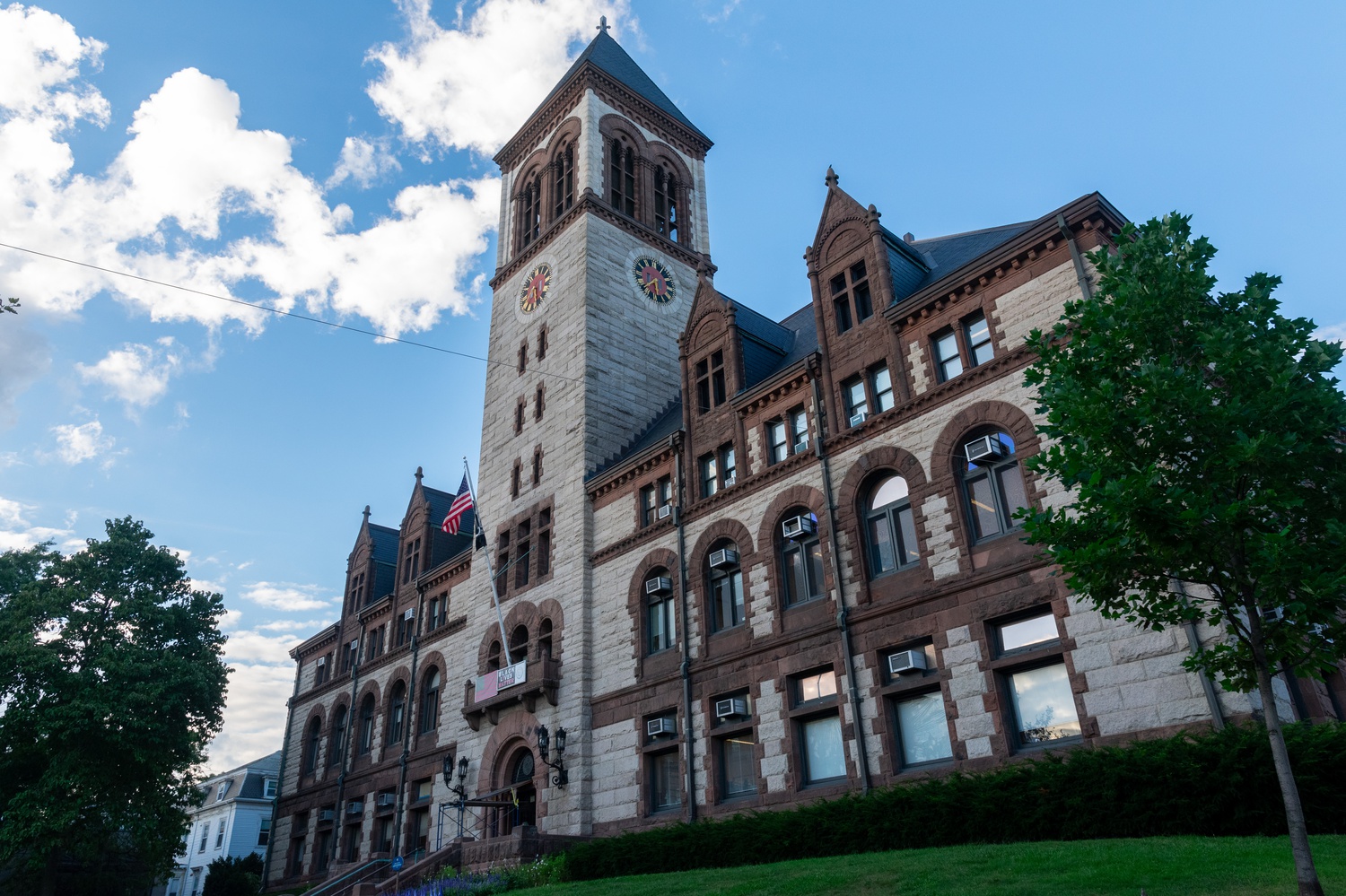
News
Summers Will Not Finish Semester of Teaching as Harvard Investigates Epstein Ties

News
Harvard College Students Report Favoring Divestment from Israel in HUA Survey

News
‘He Should Resign’: Harvard Undergrads Take Hard Line Against Summers Over Epstein Scandal

News
Harvard To Launch New Investigation Into Epstein’s Ties to Summers, Other University Affiliates

News
Harvard Students To Vote on Divestment From Israel in Inaugural HUA Election Survey
Cambridge Charter Review Committee Passes Final Report Without Recommendation on Govt. Structure

The Cambridge Charter Review Committee voted to accept the committee’s final report on proposed changes to Cambridge’s government during its final meeting Tuesday — though it failed to reach an agreement on the city’s fundamental government structure.
Since August 2022, the 15-member committee of Cambridge residents met biweekly to review the city’s charter. While the final report’s initial deadline was August 2023, the committee was granted two extensions for a final deadline of January 31.
But after nearly a year and a half of debate, the committee was unable to reach consensus on what Committee Chair Kathleen L. Born referred to in the report as the “most fundamental aspect of the Charter”: the future of Cambridge’s council-manager form of government.
Cambridge’s government, which operates under a Plan E charter, includes an elected City Council — which sets policy goals for the city — and an appointed city manager, who implements council goals and oversees day-to-day government operations.
Tensions between the council and the city manager — the city manager role being viewed as unaccountable, for instance, or councilors feeling as though their ideas go unaddressed — informed Cambridge residents’ 2021 vote to review the city charter every 10 years, beginning in 2022. Much of the committee’s debate has been centered around either maintaining the council-manager system, or instituting a “strong” elected mayor accompanied by a Chief Financial Officer.
But the group was unable to reach the necessary two-thirds consensus to endorse either form of government prior to the January 31 deadline.
Committee member and lecturer at Harvard’s Graduate School of Design James G. Stockard Jr. said the ambiguous resolution accurately reflected the split opinions of Cambridge residents at large.
“This is one of those areas where reasonable people can differ about something,” Stockard said. “The citizens of Cambridge don’t feel any more clearly one way or the other than the committee.”
Councilor Marc C. McGovern said he was unsurprised that the committee was unable to complete what he called a “very tall task,” though he added that it was “not necessarily a bad thing.”
The committee did, however, make several recommendations common to both potential forms of government, including “a codified goal-setting process for city council, expanding voter eligibility regarding age and citizenship,” and adding a “randomly selected Resident Assembly that would be tasked with consideration of Cambridge’s most controversial issues.”
Stockard said the Resident Assembly would increase civic participation, especially among traditionally underrepresented groups in Cambridge politics.
“The Resident Assembly is a way of getting people’s ideas into the conversation that you probably wouldn’t get any other way,” Stockard said.
The council’s Government Operations Committee is likely to review the committee’s report, including the lack of resolution on changing the government structure, prior to the final council vote on the recommendations, McGovern said.
The changes will then need to be approved by the Massachusetts State Legislature before being voted on by Cambridge residents, which is certain to be a lengthy process.
Still, McGovern said swiftly considering the report will be a priority for the council in its current term.
“This can’t be something that we just put on a shelf and let it collect dust,” McGovern said. “I mean, we have to deal with it one way or the other in a timely manner.”
—Staff writer Avani B. Rai can be reached at avani.rai@thecrimson.com. Follow her on X @avaniiiirai.
Want to keep up with breaking news? Subscribe to our email newsletter.
